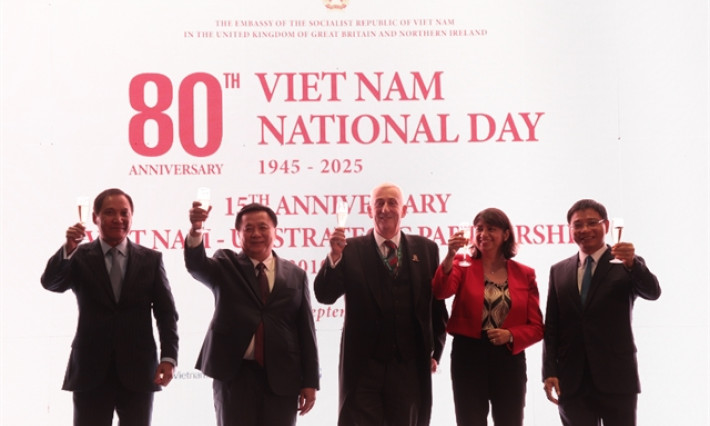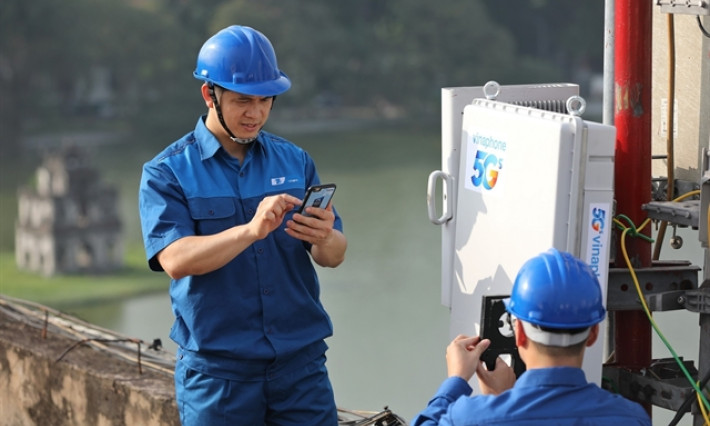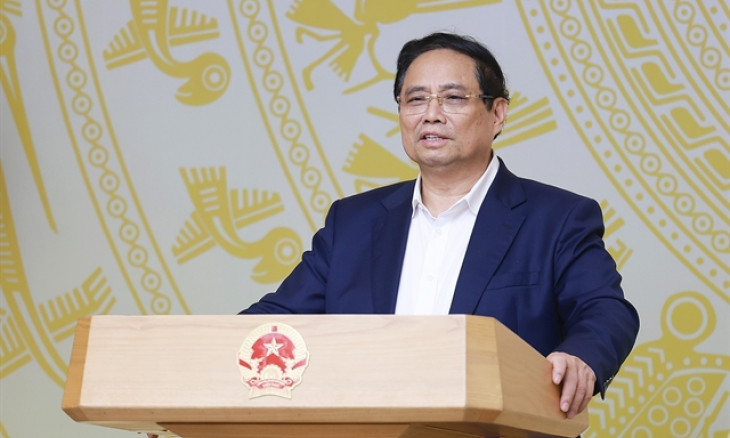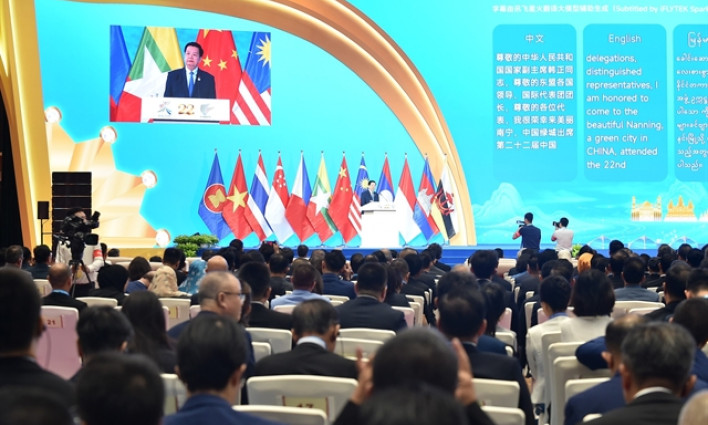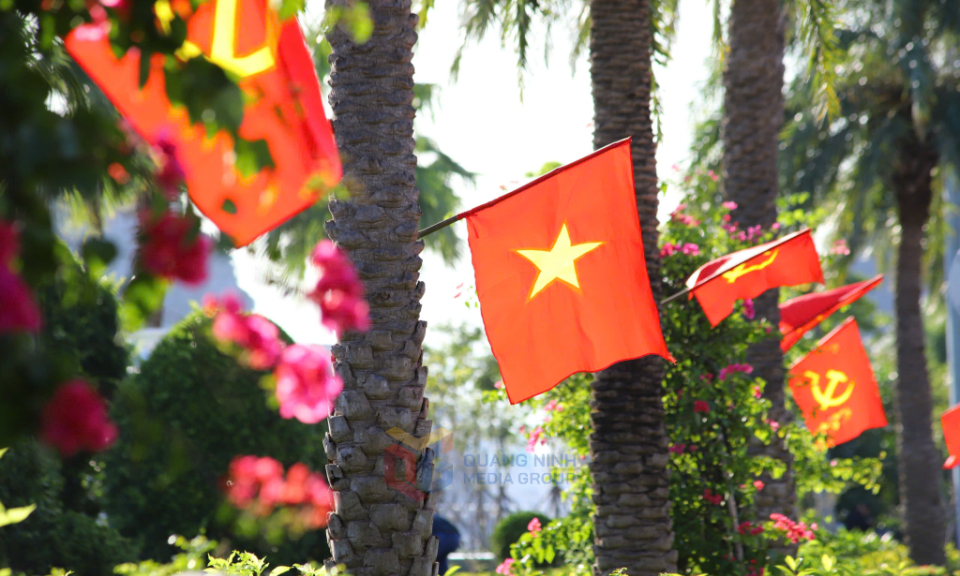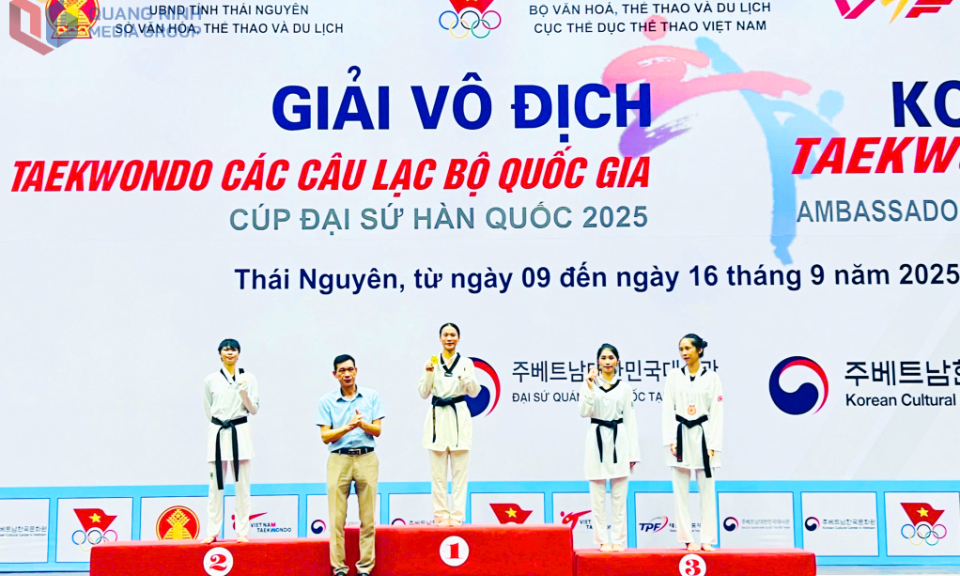Foreign ministries of Việt Nam, Denmark convene political consultation
The two sides consented to promote partnerships between businesses of the two countries, especially the implementation of large-scale investment projects with spillover effects in areas such as green growth, circular economy, marine economy and renewable energy.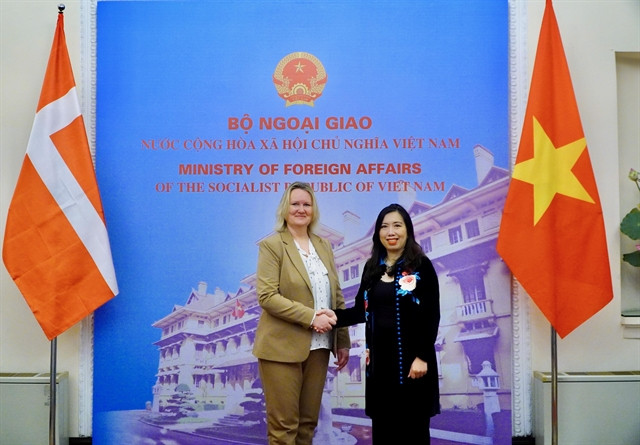
The second political consultation between the foreign ministries of Việt Nam and Denmark took place in Hà Nội on Tuesday.
The event, co-chaired by Vietnamese Deputy Foreign Minister Lê Thị Thu Hằng and State Secretary for Trade & Global Sustainability at the Danish Ministry of Foreign Affairs Lina Gandlose Hansen, aimed to discuss bilateral cooperation as well as regional and international issues of mutual concern.
Deputy FM Hằng highlighted positive developments in Việt Nam-Denmark relations across a variety of fields, especially through strengthening delegation exchange and high-level contacts, closely cooperating and supporting each other at international and regional forums.
She said visits by senior leaders of the two countries have created a basis for deepening the comprehensive partnership as well as effectively implementing the newly-established Green Strategic Partnership framework.
Việt Nam attaches importance to consolidating and promoting the friendly relations and comprehensive partnership with Denmark, especially focusing on cooperation in strategic priority areas of the two sides, she said.
The Danish official said that as Việt Nam's major trade and investment partner in Northern Europe, Denmark hopes that the two sides will continue to create favourable conditions for their businesses to invest in each other, especially in fields where Denmark has experience and strength, bringing benefits to the business community and people of the two countries as well as supporting the two economies to recover and develop sustainably despite fluctuations in the world situation.
The two sides agreed to promote the exchange of delegations at all levels, especially high level, coordinate to effectively deploy action plans within the frameworks of Comprehensive Partnership and Green Strategic Partnership and effectively organise consultation activities between the two foreign ministries to enhance mutual understanding and trust, and the effective cooperation between ministries, agencies and organisations of the two countries.
They also committed to continue to closely coordinate and support each other at United Nations agencies and organisations, strengthen cooperation between the Association of Southeast Asian Nations (ASEAN) and Denmark at inter-parliamentary forums, contributing to peace, cooperation and development in the region and the world.
Regarding trade and investment, the two sides consented to promote partnerships between businesses of the two countries, especially the implementation of large-scale investment projects with spillover effects in areas such as green growth, circular economy, marine economy and renewable energy, which are in line with priorities and strategies on sustainable socio-economic development of Việt Nam.
The Vietnamese diplomat proposed the Danish side to urge the parliaments of the remaining EU member countries to soon ratify the EU-Việt Nam Investment Protection Agreement (EVIPA), thereby facilitating equal investment cooperation for mutual benefit. She also expressed her hope that Denmark will support the European Commission (EC)’s early removal of yellow card warning against Vietnamese seafood while helping the country develop aquaculture towards sustainable fisheries.
The two sides underlined the important role of Việt Nam and Denmark as founding members of the Partnering for Green Growth and the Global Goals 2030 (P4G) summit and agreed to coordinate closely to successfully organise the P4G Summit to be hosted by Việt nam in 2025.
At the consultation, the officials exchanged directions and measures to implement existing cooperation agreements and proposed new collaboration activities between the two countries in the fields of agriculture, education - training, health, science - technology, security-defence and people-to-people exchanges.
They also looked into some international and regional issues of common concern. Regarding the East Sea (known internationally as the South China Sea) issue, both sides emphasised their support for ASEAN's stance and centrality in ensuring security, safety, freedom of aviation and navigation in the East Sea, and the settlement of disputes by peaceful means with respect for international law, especially the 1982 United Nations Convention on the Law of the Sea (UNCLOS).

